10. april 2025
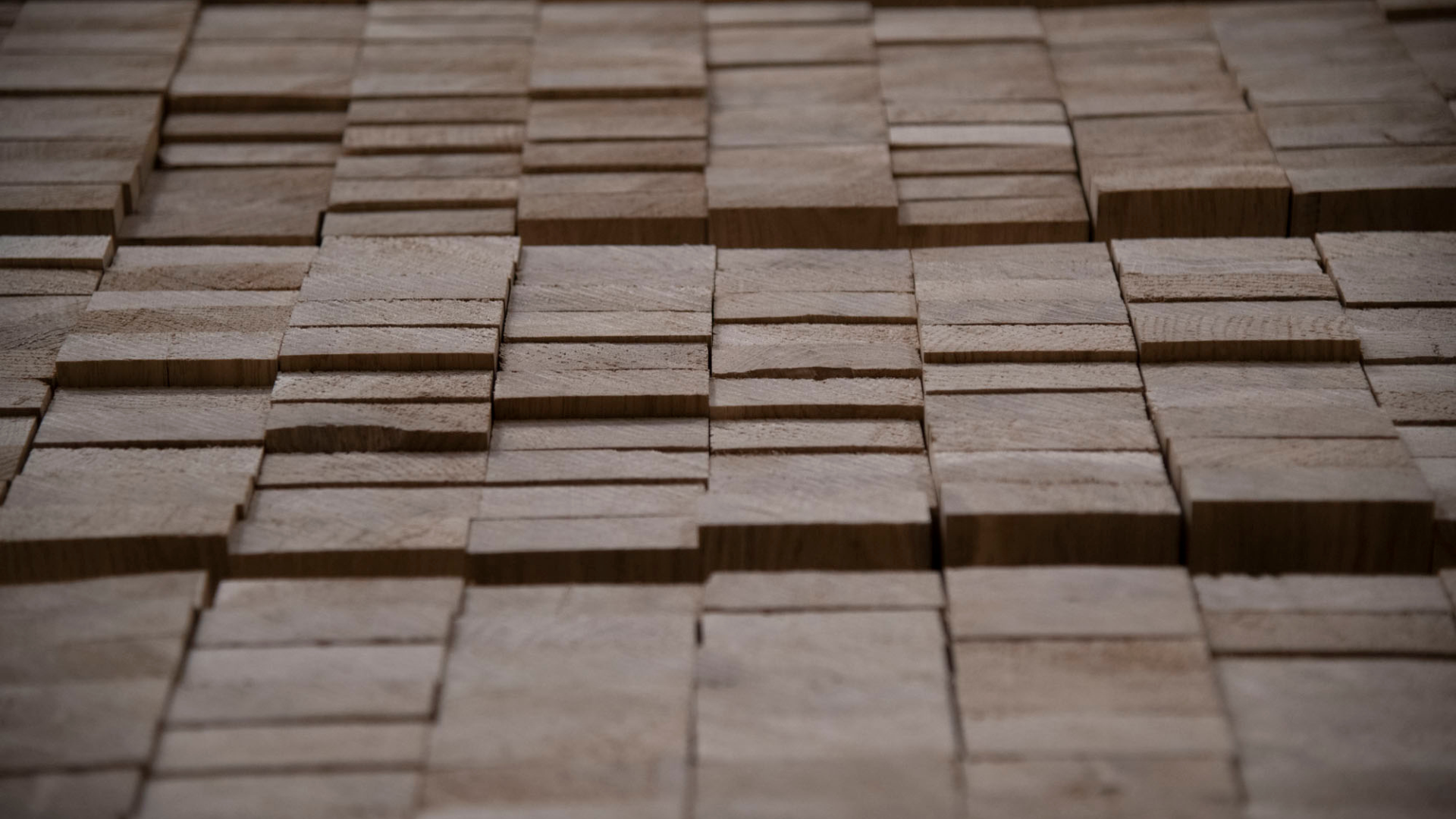
Josefine Alstrup
For architects focused on sustainability, an Environmental Product Declaration is essential for making informed material choices, providing insights.
5 Fantastic Benefits of Choosing an EPD-Declared Floor
For architects focused on sustainability, an Environmental Product Declaration (EPD) is an essential tool for making informed material choices. An EPD provides transparent, third-party verified data on a product’s environmental impact throughout its lifecycle, from raw material extraction to disposal. Choosing an EPD-declared wooden floor brings several advantages to your project:
1. Documentation – Easily integrate certified flooring into green building certifications such as LEED, BREEAM, or DGNB, ensuring compliance with environmental standards.
2. Carbon Footprint Transparency – Understand the CO₂ impact of the flooring material and its contribution to reducing emissions in your project.
3. Informed Material Selection – Compare environmental performance across products, helping you meet project-specific sustainability goals.
4. Responsible Sourcing – EPDs often align with FSC® and PEFC-certified wood, supporting responsible forest management and traceable supply chains.
5. Long-Term Performance – Opting for a high-quality, durable wooden floor ensures longevity, reducing material replacement needs and lifecycle costs.
EPD-declared flooring is more than just a responsible choice - it’s a strategic decision that enhances the environmental credibility of your architectural vision.
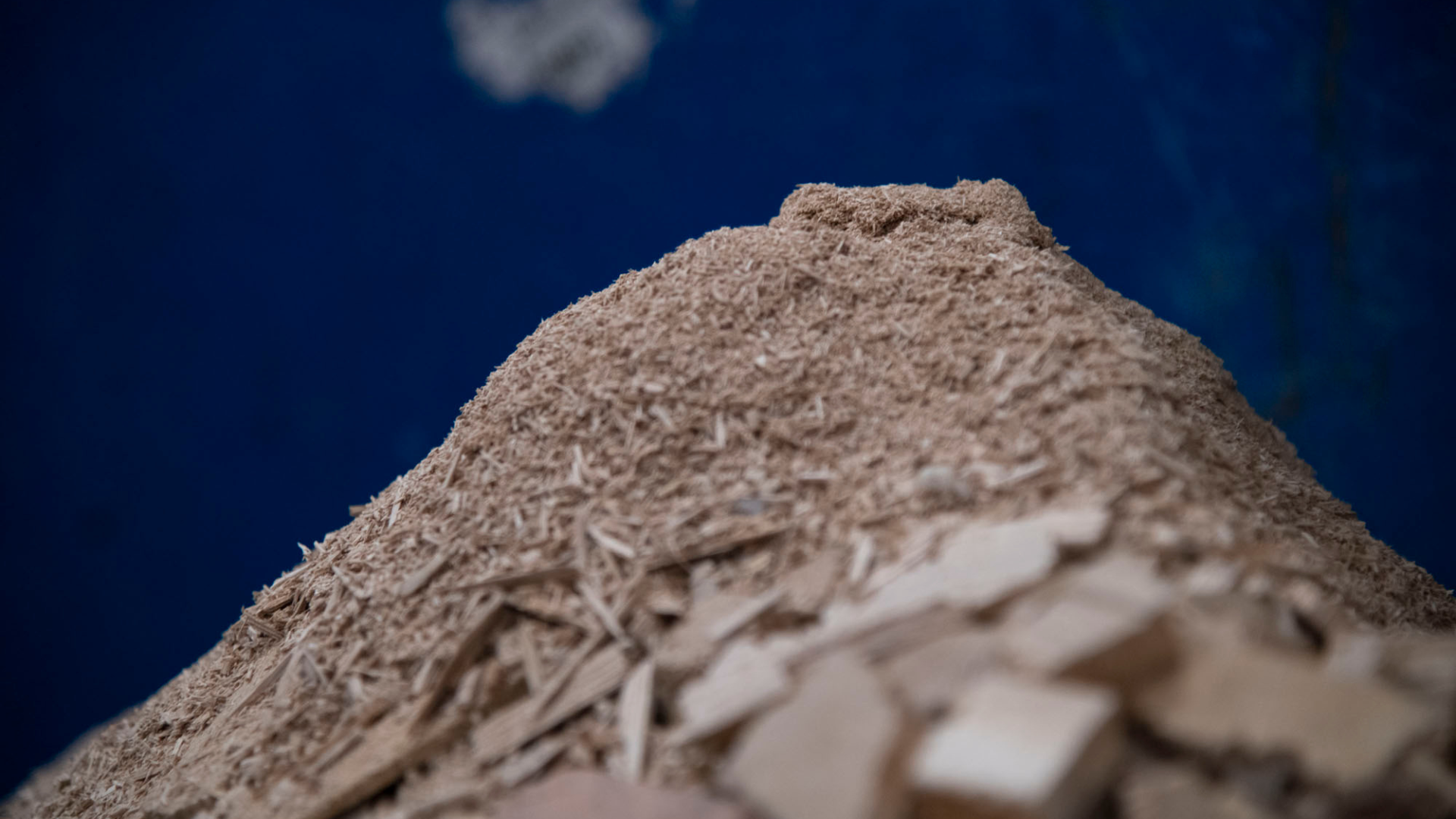
Explore more stories
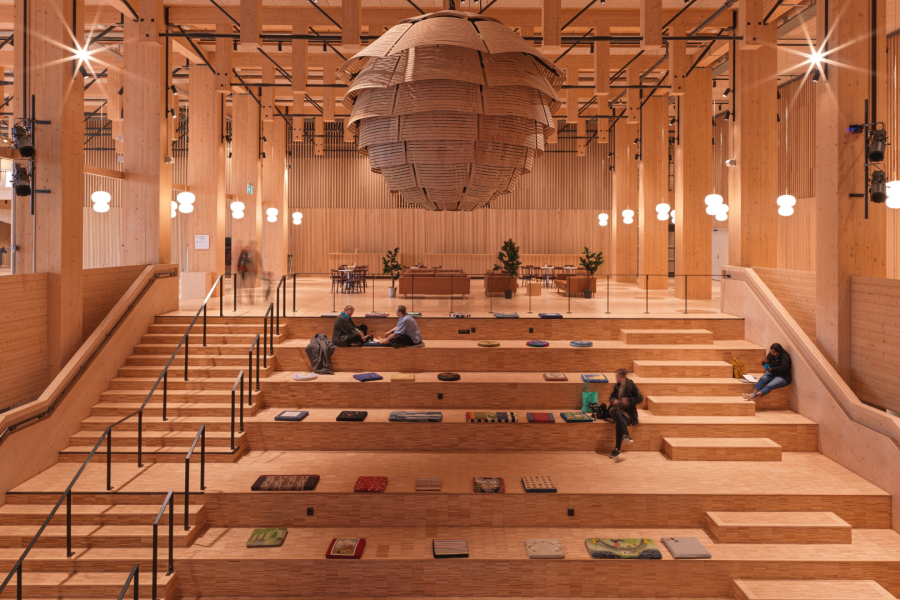
Floors That Endure
22. januari 2026
Across Scandinavia and beyond, remarkable cultural institutions, public buildings and architectural landmarks share one common denominator underfoot.
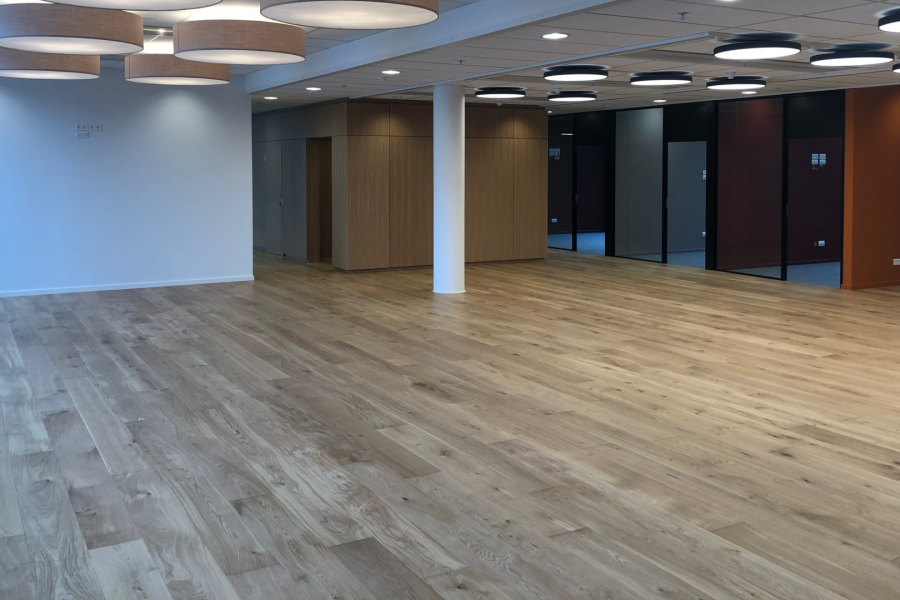
Transforming Workspaces
16. januari 2026
When a corporate headquarters is reimagined, the transformation is never only physical. It is cultural. It is architectural. It is strategic.
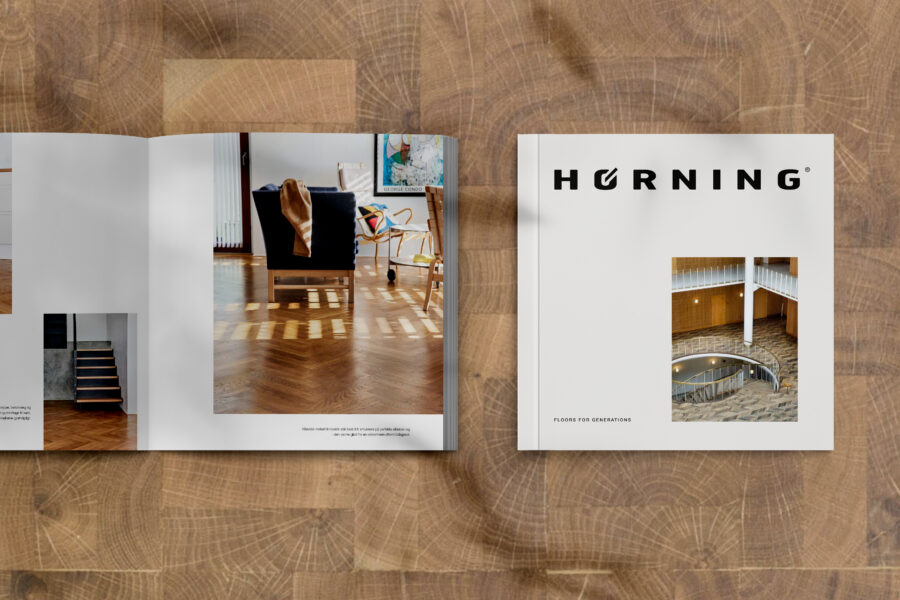
Inspiration For Every Project
06. januari 2026
Every great architectural project starts with inspiration. And sometimes, inspiration arrives in the form of a beautifully crafted tool.



